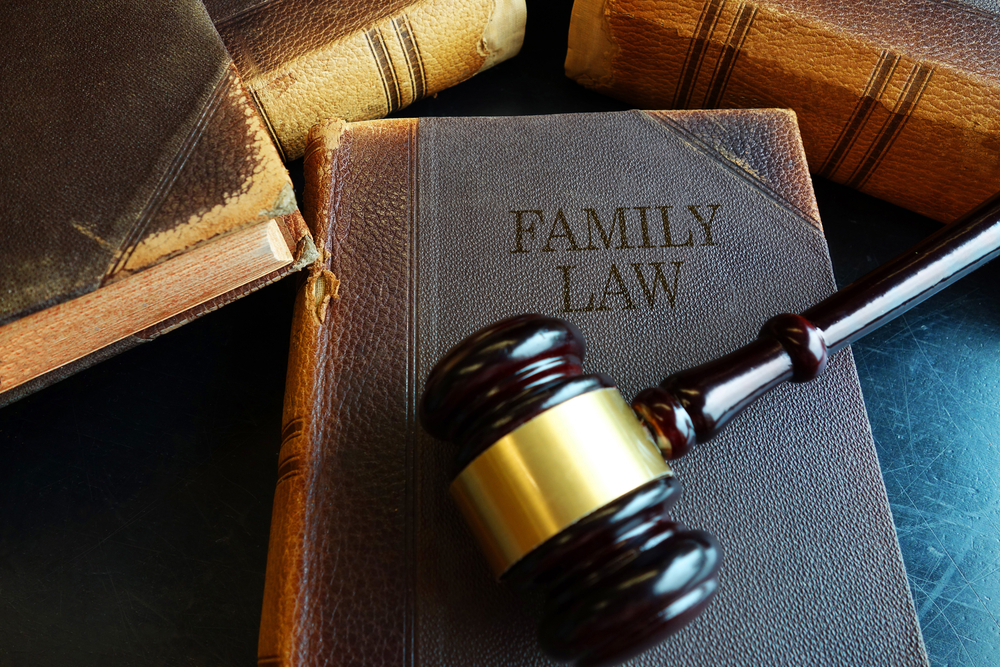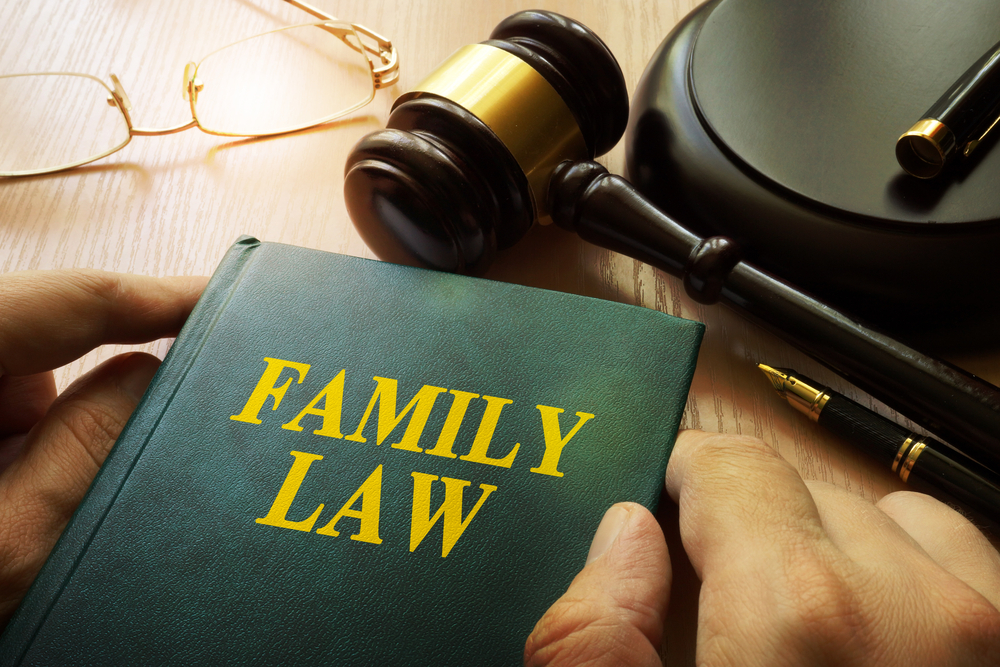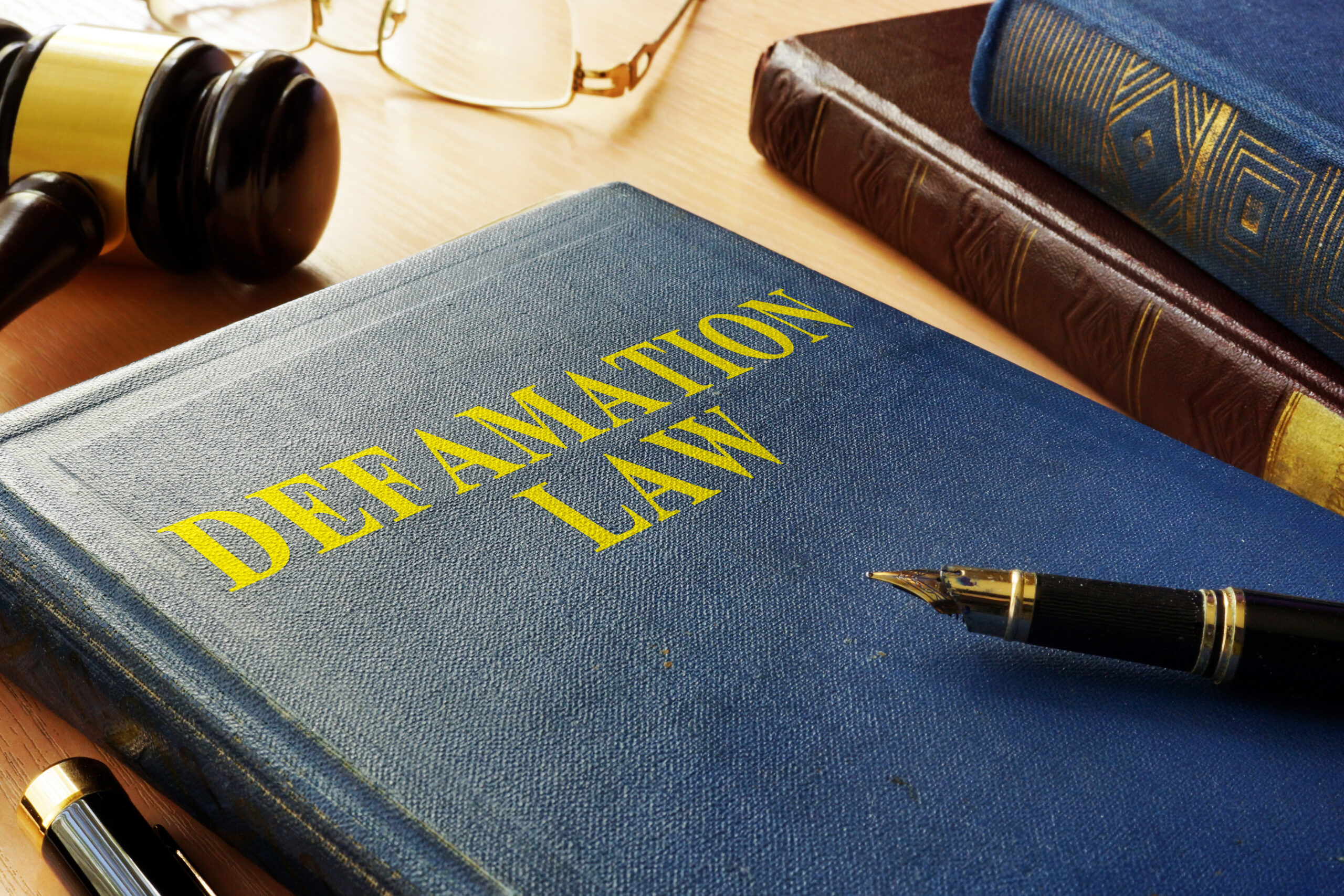Pitfalls of Collaborative Law vs a Cooperative Approach

The collaborative process is an alternative method of resolving family law disputes instead of going through a court trial. However, anyone involved in this type of case should understand exactly what the collaborative process involves.
Know What You Are Agreeing To Before Signing Legally Binding Paperwork
When you sign an agreement to settle your family law case through collaboration, you agree that your attorney cannot use any of the documents obtained in the process if you did reach an agreement with the other party. Essentially, you and your attorney need to start over with a new case. This occurs when you discover later on that the other party concealed something important during the collaborative process, or the legal team representing you did not fully understand the level of animosity involved.
Assumptions Made During the Collaborative Process
The people who arrange family law collaboration go into it with a mindset that each party has the capacity to consider the other party’s viewpoint and not just their own. After learning the hard way, that is not always the case. Some jurisdictions require the parties to have a mental health evaluation to determine whether they are good candidates for the collaborative process.
Unfortunately, people with certain personality disorders are experts at telling counselors just what they want to hear. Often a mental health professional remains involved throughout the collaborative process, further driving up the cost.
A Better Way to Settle Family Law Disputes
We feel that taking a cooperative engagement approach with the opposing counsel is the better choice. This is due to the fact that attorneys are not bound by the same rules that clients would be with the collaborative process. Instead, they exchange information during the discovery process to see if they can work out a deal that considers the interests of both parties.
Working with an experienced family law attorney means that you are always aware of your rights and responsibilities in a legal proceeding. We pledge to conduct an adequate discovery process to ensure that we have the assets of both parties before us. If you feel the other party is not fully disclosing assets, we create a legal document to preserve our right to further discovery.
Family law attorneys are typically involved with local family law bar associations. Their involvement gives them greater insight into when to attempt to settle a case before going to court and when to proceed with a court trial. Their level of experience also gives them the ability to offer emotional support during a difficult time such as a divorce on top of the legal support you pay to receive.
Having an experienced family law attorney present the issues and agree to some compromises with each other can be easier on you from an emotional perspective. Compared to sorting out these details with the other party during a collaborative session. We invite you to contact our law firm today to learn more about collaborative law or to request an initial case evaluation.

















